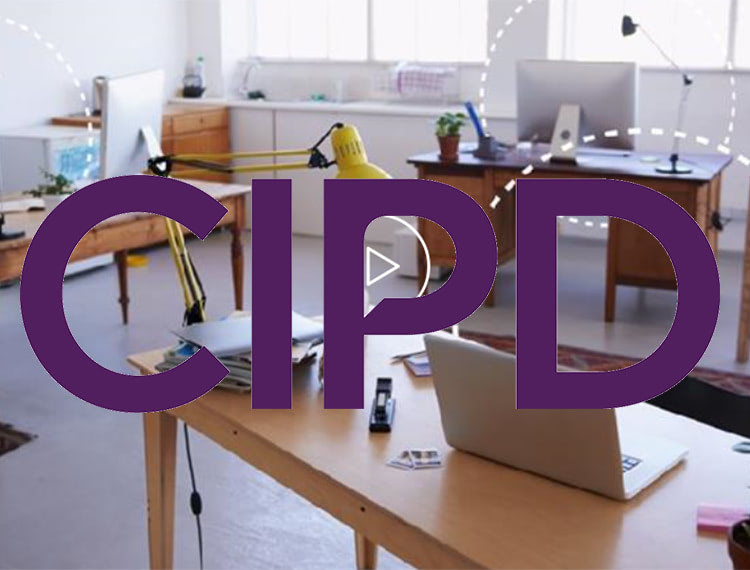More than half of employers currently paying the apprenticeship levy want it replaced with a training levy

CIPD survey of employers warns of unintended consequences as nearly half (46%) of employers paying the levy expect their organisation to simply rebadge existing training.
More than a half (53%) of employers who pay the apprenticeship levy want to see it replaced with a training levy, according to new research by the CIPD, the professional body for HR and people development. Among those already paying the levy, just one in five (17%) support the existing system.
The survey of more than 1,000 employers also shows that nearly half (46%) of levy-payers will be encouraged to simply re-badge current training activity in order to comply with the new regulations. Among that group, more than half (52%) will re-badge existing training activity into level 2 apprenticeships, equivalent to five GCSEs.
In addition, a fifth (19%) of levy paying firms, including 35% of SMEs, don’t plan to use the levy at all to develop apprenticeships, but will simply write it off as a tax.
Commenting, Lizzie Crowley, skills adviser at the CIPD, said: “Our research shows that the straitjacket of the apprenticeship levy is forcing many firms to re-badge a lot of their existing training as apprenticeships, as they seek to claw back the levy they pay. In many instances this is not adding any additional value and is creating a lot of additional bureaucracy and cost. Apprenticeships are extremely important, but other forms of training are equally valuable and often more flexible and better suited to the needs of organisations. A move to a more flexible training levy would have the effect of continuing to prompt greater employer investment in skills, including apprenticeships, but in a way that is much more responsive to employers’ needs.
“Another side effect of re-badging is that an increasing proportion of apprenticeships are going to existing and often older employees, including already well-qualified managers, meaning fewer are available to help young people make the transition from education to the workplace – the original purpose of apprenticeships.”
The research also found that more than a fifth (22%) of employers still don’t know whether they are paying the apprenticeship levy, and one in eight (13%) who know they will have to pay have still not calculated what the levy will cost them.
The findings, from the report ‘Assessing the early impact of the apprenticeship levy’, come after a sharp decline in the number of apprenticeship starts, with just 48,000 new apprenticeship starts between May 2017 and July 2017, a 59% drop on the same period in 2016.
Crowley continued:
“Evidence from our report and the latest official statistics suggest the levy will also continue to drive the creation of far too many level 2 apprenticeships, which offer much poorer returns to individuals in terms of future wages and often provide limited progression opportunities.
“The Government needs to seriously review the levy to ensure it is flexible enough to respond to employers’ needs and to drive the greater investment in high quality training and workplace skills needed to boost UK productivity.
“There also needs to be much better support for small and medium sized firms (SMEs), both for those that pay the levy and those that don’t, to help them to design and implement effective apprenticeship schemes. Our research shows too many SMEs are either not planning to use levy funding to invest in apprenticeships or are planning to write the levy off as a tax.”
In order to ensure that the apprenticeship levy increases both the quantity and quality of apprenticeship starts, the report recommends that the Government:
- Reforms the apprenticeship levy into a more flexible training levy
- Runs an awareness campaign to promote the levy and its benefits to businesses across England.
- Invests £13m a year to provide HR support to small businesses in order to give them the capability to respond positively to Government initiatives such as the apprenticeship levy.
- Commissions an urgent review of apprenticeship standards, carried out by the Institute for Apprenticeships and Technical Education in order to ensure that they are providing quality learning and education.











Responses